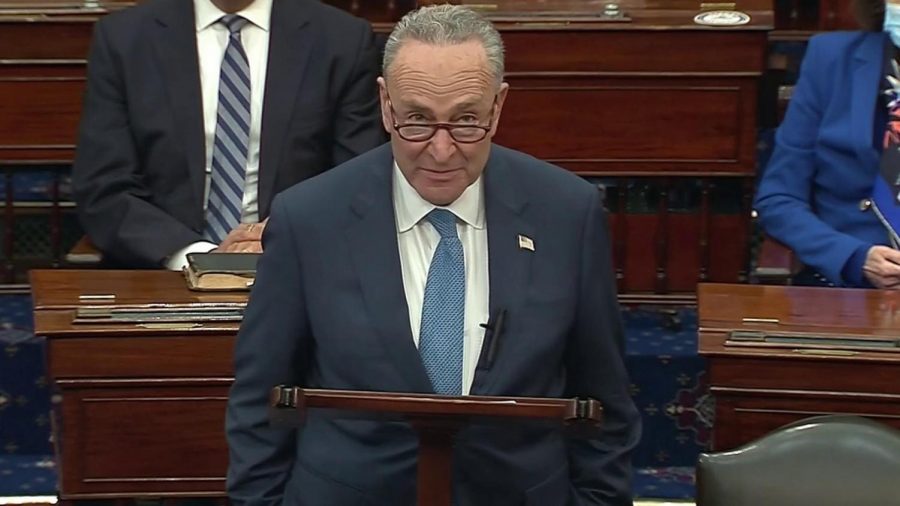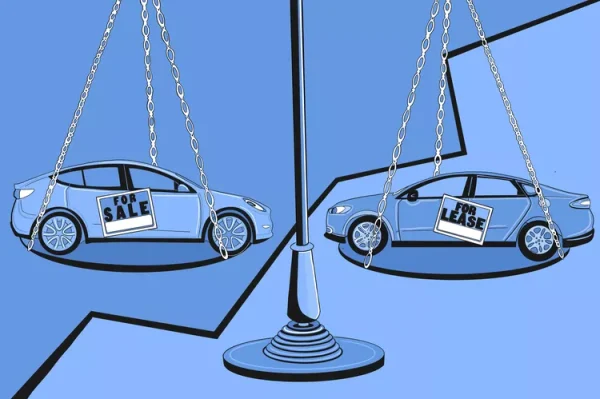Democrats now control both the Executive branch and both houses of Congress; what does that mean for America?
With the Democrats taking control of the U.S. Senate, Sen. Chuck Schumer (D-NY) takes over as Senate majority leader.
The Georgia Senatorial run-off of Jan. 5 to fill both of Georgia’s Senate seats resulted in wins by Democrats Raphael Warnock and Jon Osoff. Not only did the win by the two Democrats, coupled with Joe Biden winning the state in the presidential election, signal a political shift for Georgia, which was once considered a safe Republican stronghold, it gave the Democrats control of the U.S. Senate.
With Biden’s, Warnock’s, and Osoff’s wins, the Democrats now have control of the Executive branch and both the Senate and the House of Representatives for the first time since 2009.. Time will tell if this shift in power will bring about major changes in policy.
Olympic Heights social studies teacher Mr. Michael Taylor agrees that “time will tell whether it is a good thing or not.” Taylor also sheds light on the fact that certain policies will now receive more focus, “such as minimum wage, the environment, and repairing international relationships.” The power is now in the Democratic Party’s possession and they will now decide what they do with it.
The day following Warnock’s and Osnoff’s victories, the non-profit organization American Association for Advancement in Science (AAAS) commented, “Democrats are on the cusp of retaking the U.S. Senate after runoff elections in Georgia, an outcome with potentially momentous implications for science and climate policy.” The AAAS added that the shift will also be beneficial towards President-elect Joe Biden as it will make it easier “to win Senate confirmation of his appointees, for Congress to revoke controversial rules finalized in the past months of President Donald Trump’s administration, and for lawmakers to pass new legislation aimed at curbing climate change and boosting federal research investments.”
CNBC also took a stance on the familiar point of how a Democratic-controlled Congress will help guide President-elect Joe Biden into his presidency, pointing out that Biden will be able to confirm his nominations for important cabinet positions such as, “Attorney General and the Secretary of Labor, as well as new appointments to the Federal Trade Commission and Federal Communications Commission.”
An additional change that will be made because of the shift of power in the Senate concerns Sen. Chuck Schumer (D-NY) replacing Sen. Mitch McConnell (R-KY) as Senate majority leader. The Senate majority leader wields plenty of power as he determines which bills come to the floor for votes. National Public Radio comments on this change by suggesting that Schumer holding this position “indicates that [the Senate] they will pay more attention to “ambitious proposals addressing climate change and health care and other domestic priorities.”
Many are concerned with what the control of one party will do to the government. OH English teacher Mr. Christopher McKnight states, “I fear the domination of any one party in how it ramrods through things without political debate and a conscious vetting of ideas and policies.” Many others share McKnight’s concerns as they are afraid that every American’s voice may not be heard. However, as McKnight explains, “It is the pendulum swinging in the other direction, so it is the will of the majority for now.”











